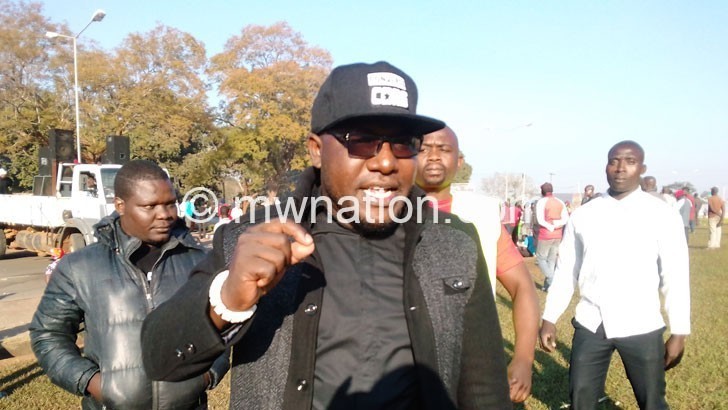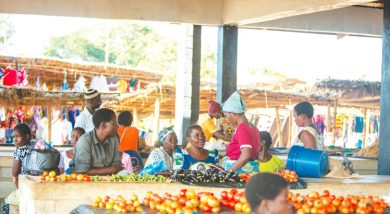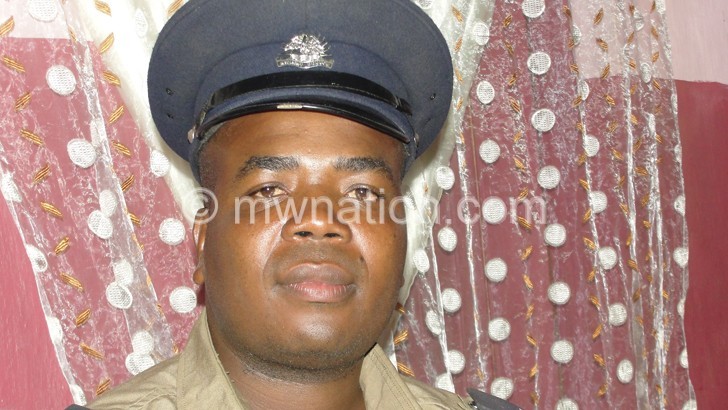Covid-19 slows Shire Valley irrigation project
Covid-19 has slackened work on the ambitious Shire Valley Transformation Programme (SVTP) that will engage 300 000 farmers in irrigation and cash crop growing in the Lower Shire.
Speaking last week when members of the Parliamentary Committee on Government Assurance and Public Sector Reforms toured the project in Chikwawa, SVTP coordinator Stanley Chakhumbira Khaila said the pandemic has affected the project that will see 43 000 hectares covered in the district and Nsanje.
He said: “We planned to get some equipment from Angola but due to Covid-19 restrictions, we had to source them from India. That took more time.

“Besides, some 11 employees of the construction company Conudrill tested positive for Covid-19, so works had to stall. In addition, due to restrictions on gatherings, we have not been able to meet communities on the project.”
Khaila, however, said they were optimistic they would finalise the $563 million (about K434 billion) project and meet the 2031 target for completion.
The project, according to Ministry of Agriculture’s director of irrigation services Geoffrey Mamba, is expected to cover 130 kilometres, but they have covered six kilometres since works started in April last year.
He explained: “We have been working on the intake at the Kapichira Dam and digging canals passing through the Majete Wildlife Reserve where care had to be taken not to degrade the environment.
“We hope to meet the targets as this is an important project that will transform the country and improve the lives of people in the Lower Shire who suffer from perennial hunger due to floods and drought.”
On his part, the parliamentary committee’s chairperson Noel Lipipa, who is Blantyre City South legislator, said despite the delays, they were satisfied with the progress of the project so far.
“We will report the concerns to Parliament as this is an important project that will help us transform from subsistence to commercial farming while harnessing the water that is lost,” he said.
Vice-President Saulos Chilima said during a visit to the site last month that the project is in line with the country’s 2063 development targets. It is supported by the World Bank, African Development Bank and the Global Environment Facility.





